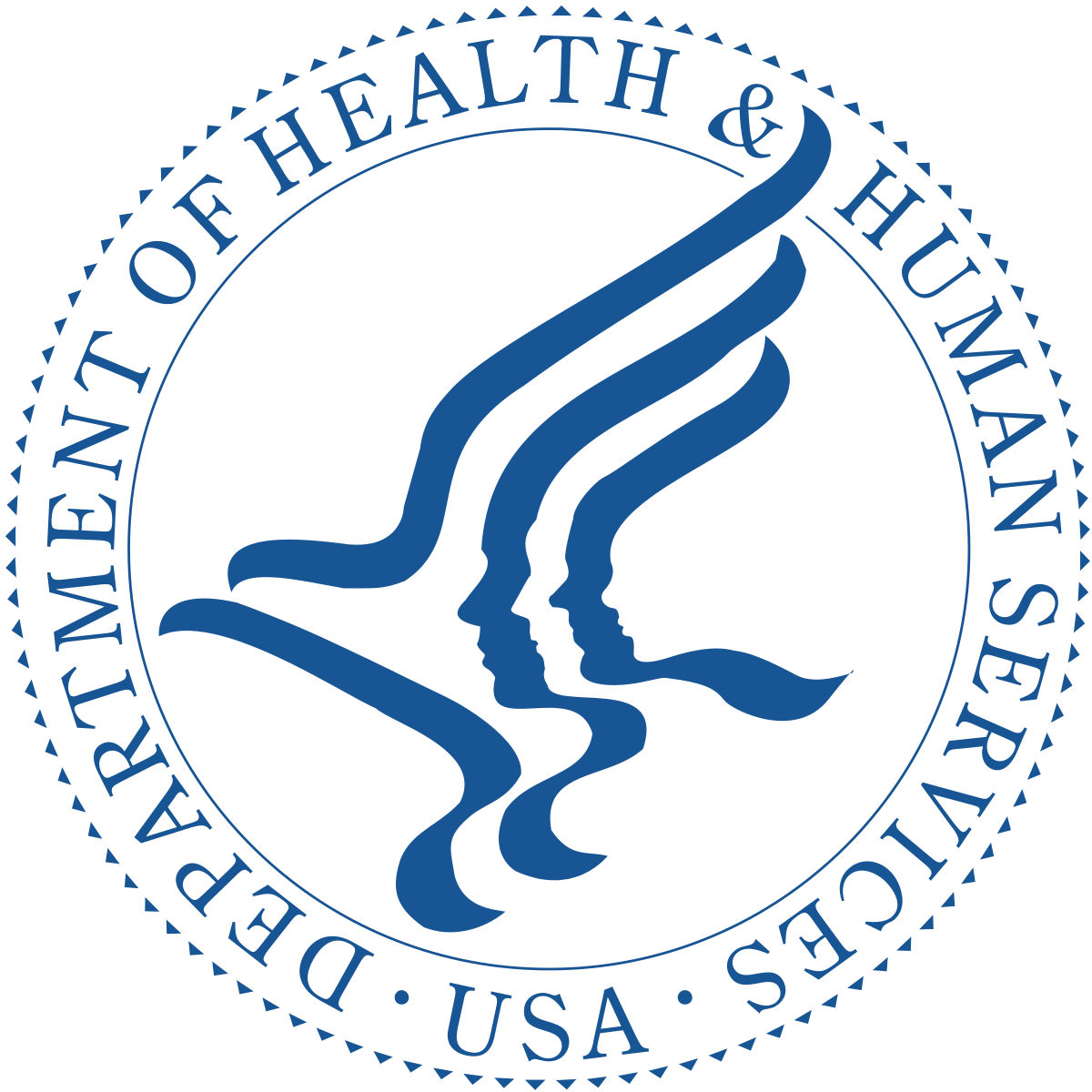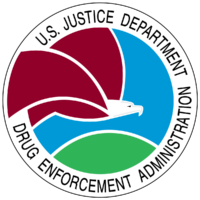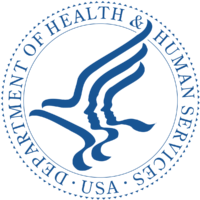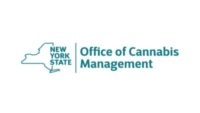Part 1: The Current Status of Legalization
Minnesota has long been known as the “Land of 10,000 Lakes” and boasts over 14,000 bodies of fresh water covering at least 10 acres. The Dakota Sioux word for water, “Minne”, appears in the word Minnesota (clear blue water) and many locations around the state, including Lake Minnetonka (big water), Minnehaha Falls (waterfall) and Minneapolis (water + the Greek word for city).
With all this emphasis on water, it’s no wonder Minnesota’s cannabis-lovers are wondering whether the state’s new adult use legislation will issue in a river of profits for both the state and its future adult-use cannabis businesses.
Overview
In May 2023, House Bill HF100 was passed by the legislature and signed into law by Governor Tim Walz on May 30, 2023, making Minnesota the 23rd state in the union to legalize adult use cannabis. Effective August 1, 2023, it will be legal to possess up to 2 pounds of flower (2 ounces in public), 8 grams of concentrate and 800 milligrams of infused edibles.
 HF100 also established the Office of Cannabis Management (OCM), which will be responsible for overseeing the state’s adult-use program. Minnesota’s medical cannabis program, now under the auspices of the state’s Department of Health, will transition over to the OCM on March 1, 2025.
HF100 also established the Office of Cannabis Management (OCM), which will be responsible for overseeing the state’s adult-use program. Minnesota’s medical cannabis program, now under the auspices of the state’s Department of Health, will transition over to the OCM on March 1, 2025.
The OCM website makes clear that “the regulatory framework will take time to develop and will require input from communities throughout the state” and that “the legislation proposes that retail sales for adult use cannabis in Minnesota begin in the first quarter of 2025.”
Minnesota Licensing Framework
The legislation establishes sixteen licenses including ten adult use license types: microbusiness, mezzobusiness, cultivator, manufacturer, retailer, wholesaler, transporter, testing facility, event organizer and delivery service. There are also two hemp licenses and four medical cannabis licenses.
 Adult use license fees are reasonable compared with other states with application fees from $500 to $10,000, initial license fees from $0 to $20,000 and annual renewal fees from $2,000 to $30,000.
Adult use license fees are reasonable compared with other states with application fees from $500 to $10,000, initial license fees from $0 to $20,000 and annual renewal fees from $2,000 to $30,000.
The state also will give preference to social equity applicants and notes that “The legislation prioritizes applications for business licenses from people who live in low-income areas that have experienced a disproportionate impact from cannabis prohibition and for military veterans who lost honorable status due to a cannabis-related offense. Social equity includes people who were convicted of cannabis-related offenses before the effective date of the legislation.”
Taxation of Cannabis Sales
Tax on cannabis products will be limited to 10% in addition to the state sales tax of 6.875% and any local sales taxes which may already be in place. Local governments will not be allowed to collect an additional cannabis-specific tax. Additionally, medical cannabis sales will not be taxed at all. The combined adult-use cannabis excise tax of 16.875% gives Minnesota the fifth-lowest cannabis tax rate in the country, with only four other states—Michigan, Delaware, New Jersey and Maryland—offering marginally lower rates.
Cannabis tax revenue will be split 80% for the state’s general fund and 20% to local governments. These tax receipts will fund a wide range of programs including the Minnesota Department of Health’s prevention and education efforts (including for media campaigns), data collection and grants for local and Tribal public health departments to support education, technical assistance and outreach.
The Social Equity Factor
As with many other adult-use states, there is a strong social equity element in Minnesota’s legislation. The legislation calls for automatic expungement of low-level cannabis convictions and for creating a Cannabis Expungement Board, which will review felonies for expungement or resentencing.
The law also creates a Division of Social Equity within the OCM, which is charged with providing outreach and services to communities disproportionately affected by cannabis prohibition. HF100 states that “Status as a social equity applicant must account for at least 20 percent of the total available points.” This suggests a strong favoring of a social equity application but stops short of requiring a certain amount of social equity licenses be awarded at the beginning of the program, as has been the case in New York.
At this time, HF100 states that an individual qualifies as a social equity applicant if they’re:
- a military veteran who lost honorable status due to a cannabis-related offense;
- a resident for the last five years of [a] … neighborhood that experienced a disproportionately large amount of cannabis enforcement [as determined by the OCM]
- a resident for the last five years of [a neighborhood] … where … the poverty rate was 20 percent or more; or … the median family income did not exceed 80 percent of statewide median family income.
To Recap
Minnesota just legalized adult-use cannabis with the passage of House Bill HF100 and is in the early stages of rolling out its program. The first adult-use sales aren’t expected to take place until the first quarter of 2025.
Just a cursory glance at the state’s adult-use cannabis program shows Minnesota is trying for a friendly, business-positive environment for new cannabis companies, especially considering its low excise tax and moderate licensing fees. As with most other adult-use states, the social equity factor will play an important part in the issuing of licenses and must be taken into consideration.
We at 420CPA encourage cannabis entrepreneurs to examine Minnesota as a potential location for their future cannabis business. To that end, our Part 2 will dive more deeply into Minnesota adult-use with these topics:
- Important information for those looking to start a cannabis business in Montana
- How license applications will be scored
- Other valuable information with which to weigh your decision.
Minnesota adult-use cannabis presents an exciting opportunity for cannabis entrepreneurs. 420CPA will help make that decision as easy as possible!




























